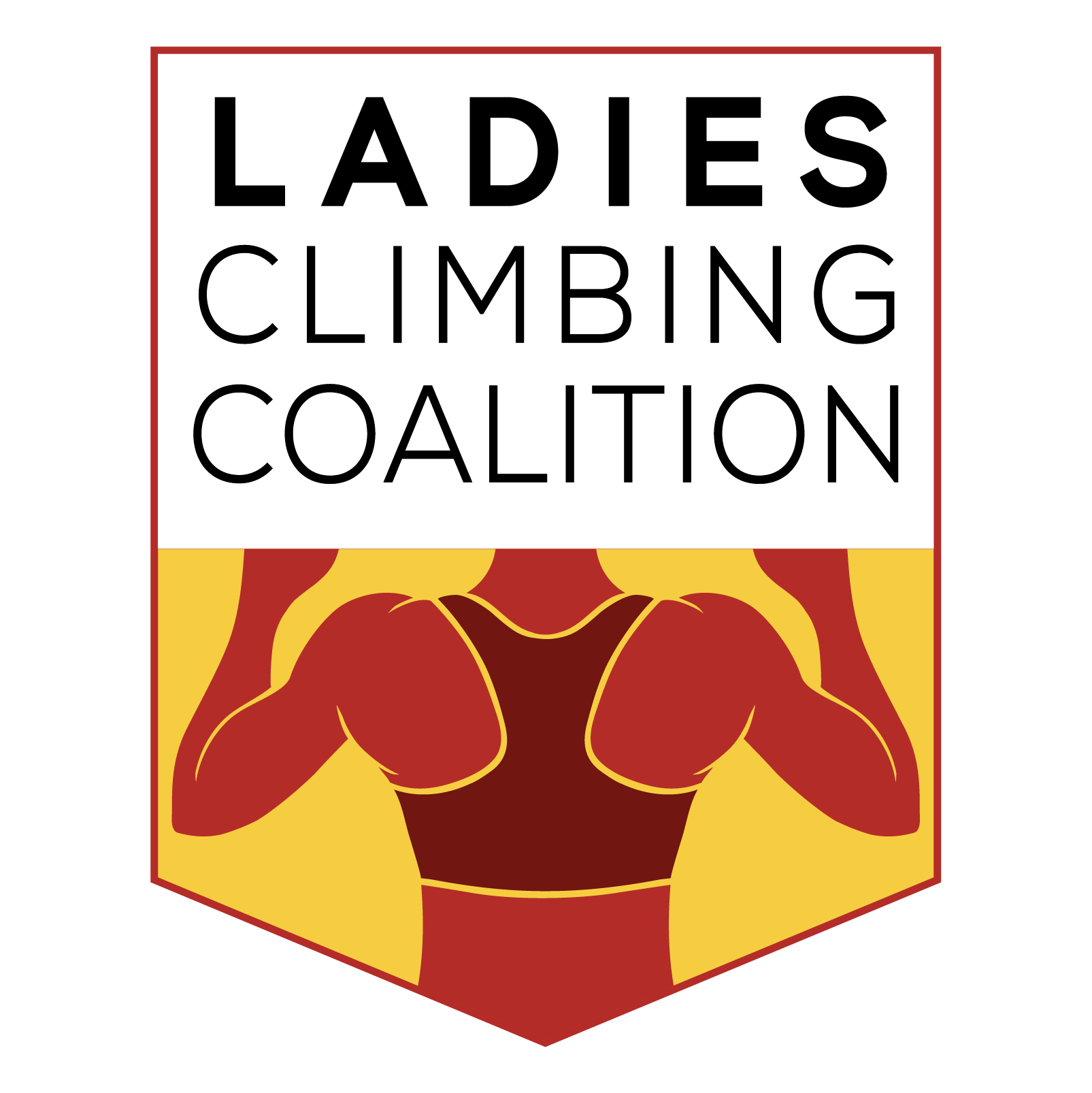05 Aug Does hormonal birth control affect climbing?
Written by Wren Cilimburg
If you are someone who gets a period, you may have heard that your cycle has the potential to affect your athletic performance. I’ve seen posts on social media or articles online that talk about this, so I decided to dive into the research to see what the data says. Does my “it’s not the time of month for sending” excuse have any legitimacy?
Unfortunately, probably not. A recent meta-analysis combined the results from over 50 studies on the effects of the menstrual cycle on performance, and concluded that really, there’s not much there. According to the study, there may be a slight dip in performance in the early follicular phase of the menstrual cycle– the time you actively have a period. But that effect appears to be minor, suggesting that overall, it’s likely not your hormones that are causing dips and peaks in performance.
One piece that’s commonly left out of discussions on the menstrual cycle and performance is hormonal birth control. Importantly, hormonal birth control does not have the same effect on the body as a natural menstrual cycle. When you hear about studies that examine the effect of the menstrual cycle on performance, these studies are typically conducted in women who are not taking hormonal birth control.

According to a recent survey, more than half of elite female athletes are taking oral contraceptives. Thus, when we look at athletic performance it’s just as important to study the effect of these medications as it is to study the effect of a natural menstrual cycle. Of course, hormonal birth control has many benefits and is a great fit for many women’s lives. But could we climbers add it to the list of excuses for why we still haven’t sent the project? (See also: poor conditions, hold that must have broken off, distracting dog barking three climbs over, etc.)
I’m not condoning excuse making, but there is some evidence that hormonal birth control may impair women’s ability to gain lean muscle mass. One study had a group of healthy young women participate in a ten week resistance training program, where half the women took an oral contraceptive and the other half did not. The women who were taking birth control gained significantly less muscle mass than those who were not. Additionally, these women had higher levels of cortisol than the women not taking contraceptives, suggesting an altered response to training.
Supporting this result, one meta-analysis found that taking oral contraceptives led to significantly decreased testosterone levels in women. Although research on the effects of testosterone in women is limited, increased levels of this hormone has been linked to increased lean muscle mass as well as improved aerobic capacity, suggesting that lower testosterone levels may be disadvantageous for athletic performance.
Another interesting study looked at oxidative stress levels in female athletes. I won’t go into exactly what oxidative stress levels mean here, as it’s complex. But the important thing to know is that elevated oxidative stress is linked to impaired muscle fatigue and increased injury risk, so it’s something to be wary of for climbers. The study looked at 144 female athletes, and found that an average of 92% of the women on hormonal birth control had elevated oxidative stress levels. Of the women who weren’t taking any hormones, only 24% had elevated levels.
These are significant effects! Personally, I’ve never heard conversations around how hormonal birth control could be affecting performance. I’ve taken hormonal birth control in the past, and never even considered how it could be affecting my athletic pursuits. Of course, it’s important not to overgeneralize from a few studies. Many of the results I’ve talked about here come from relatively small sample sizes, so more research is needed. Hopefully, the climbing community can learn and talk more about these topics as our sport grows.

Another important factor to be aware of around hormonal birth control is that these medications can mask symptoms of overtraining or of relative energy deficiency in sport (RED-S). The loss of a natural menstrual cycle is a warning sign that an individual’s caloric intake is not matching their energy expenditure, which can lead to impaired bone density, fatigue, and other health complications. Women who are not on hormonal birth control can use their period as an indicator that they are meeting their energy and recovery needs, but women who are taking this type of contraceptive lose this indicator. Thus, women who choose to take hormonal birth control may need to be extra conscious of other warning signs of RED-S, such as fatigue, impaired recovery, or diminished bone density.
Decisions around birth control are highly personal, and many factors are going to affect what’s best for everyone. Many successful athletes take hormonal birth control, and many do not. Regardless of what decisions women make around birth control, I hope this article can help athletes be informed about the ways these medications may impact their physiology or performance.
